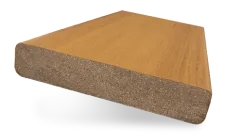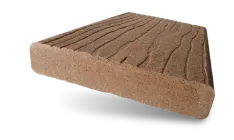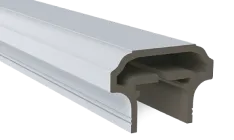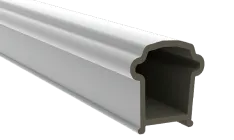Do I Need a Permit for My Deck? And Other Homeowner Deck Permit Questions
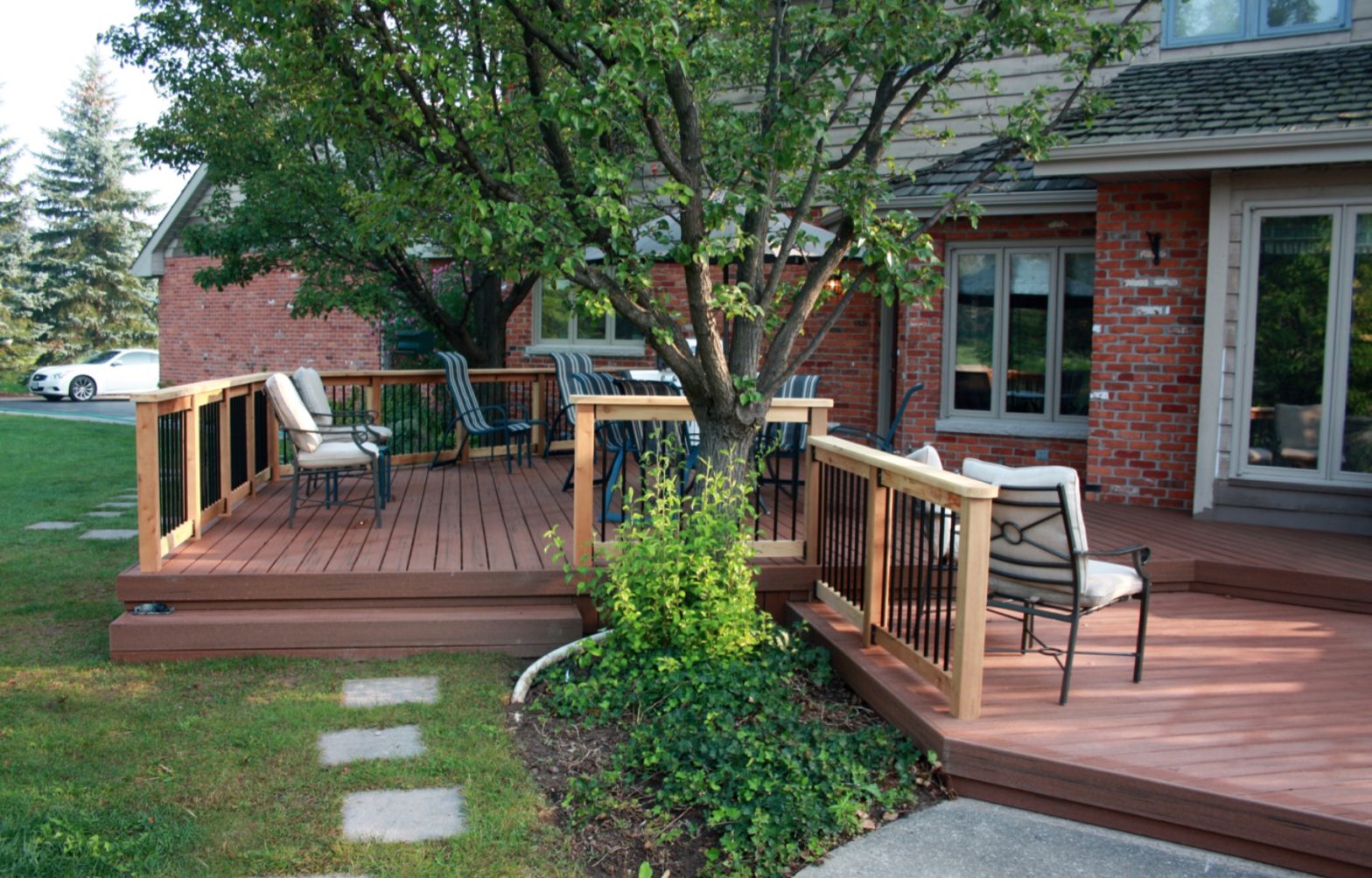
Deck Permit Basics
It’s pretty obvious, you need permits for big parades, block parties, shutting down streets and hosting that circus in the front yard you’ve always dreamed of. But when it comes to building something as simple as a deck on your property, you may wonder, “Do you need a permit for a deck?”
Building a deck is not only one of the more accessible home DIY projects, but adding a deck or upgrading an existing deck offers one of the highest returns on investment of any remodeling project. The materials needed to build a deck are easy to find, and detailed instructions are widely available. However, don’t be fooled by how simple building a deck seems. Improperly constructed decks can conceal a surprising number of safety hazards, making permits a requirement in most jurisdictions in the U.S. So how do you know if you need a permit for a new deck, or if you are extending or rebuilding an existing deck? And who is responsible for granting deck permits? MoistureShield is here to share some information with you and best of all, you do not need a permit to get the answers from this blog.
Do You Need a Permit To Build a New Deck?
The short answer is: it depends. The long answer is: you will most likely need a permit to build a new deck -- especially raised decks -- but you should always check with your local municipality. If you are building a new MoistureShield composite deck, or completely tearing down an existing deck and replacing it with a new one, it most always requires a permit. However, local building codes can vary not only from state to state and town to town, but even from one house to the next, depending on what structures or natural resources are located near the property.
Do You Need a Permit To Extend a Deck?
As with building a new deck, extending a deck will most likely require a permit. Any deck extension will require changes or additions to the underlying structure of the deck. Therefore, most municipalities will require a permit before any of those changes can be made.
Do You Need a Permit To Rebuild a Deck?
If the replacement deck doesn’t vary from the location and size of the old deck, such as when you just re-face an existing deck by replacing the boards, you may not need a permit. However, even in this case, it’s best to verify if a permit is needed to avoid a hefty fine and potentially having to tear the deck down.
Do Ground-Level Decks Need Permits?
Typically, a deck that is 30” from the ground or lower will not need a permit. However, as with rebuilding a deck, it’s best to verify. You may not need a permit, but you might still have to report the structure to your local municipality due to zoning bylaws.
Who Is Responsible for Getting a Deck Permit?
When working with a contractor on a new or replacement deck, it is the contractor’s responsibility to get a permit before they start designing or building your deck. This is a big benefit of working with a contractor vs. going fully DIY. If your decking contractor asks you to get the local permit, this is a big red flag. If the contractor refuses to get a permit, it may mean he has complaints against him, can’t afford the permit, or doesn’t know how to get one. Or, it may be a sign they’re not licensed.
If you do decide to go fully DIY, you’ll need at least some of the following information (some municipalities may require more):
- Overall deck size
- The location of the deck in relation to property lines, setbacks, and easements.
- Type of foundation including depth, size of footings, and soil type.
- Height of the deck above ground.
- Size, species, location, spacing, and spans of the lumber for all joists, beams, and posts.
- Bracing detail for elevated decks.
- Stairway location, railing location, and rise and run.
- All structural metal connectors and hardware to be used when framing.
As mentioned, a big benefit of working with a contractor is the convenience of not having to get a permit yourself. MoistureShield partners with trusted contractors* across the nation a list of which can be found on our website.
After this read, you can certainly see that although securing a permit is an extra step to take on the way to building your new deck, it is another level of quality checking to make you’re your investment gets built to last. Another way to increase the overall lifespan is to build with quality MoistureShield Composite Decking featuring our Solid Core Difference. Each MoistureShield board is created with an impermeable barrier that fights against damage from moisture, rot, insects and other harmful elements. In fact, solid core has helped prevent structural field failures for more than 30 years.
*Contractors listed on our website are independent and not to be considered an affiliate, partner, employee or agent of MoistureShield. No contractor has the authority or right to assume, incur or create any liability or any obligation of any kind, express or implied against or in the name of MoistureShield and MoistureShield disclaims all such liability.


